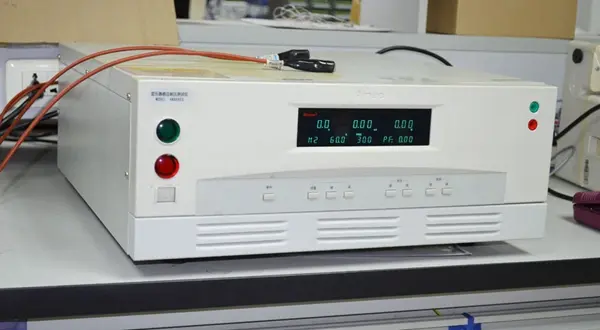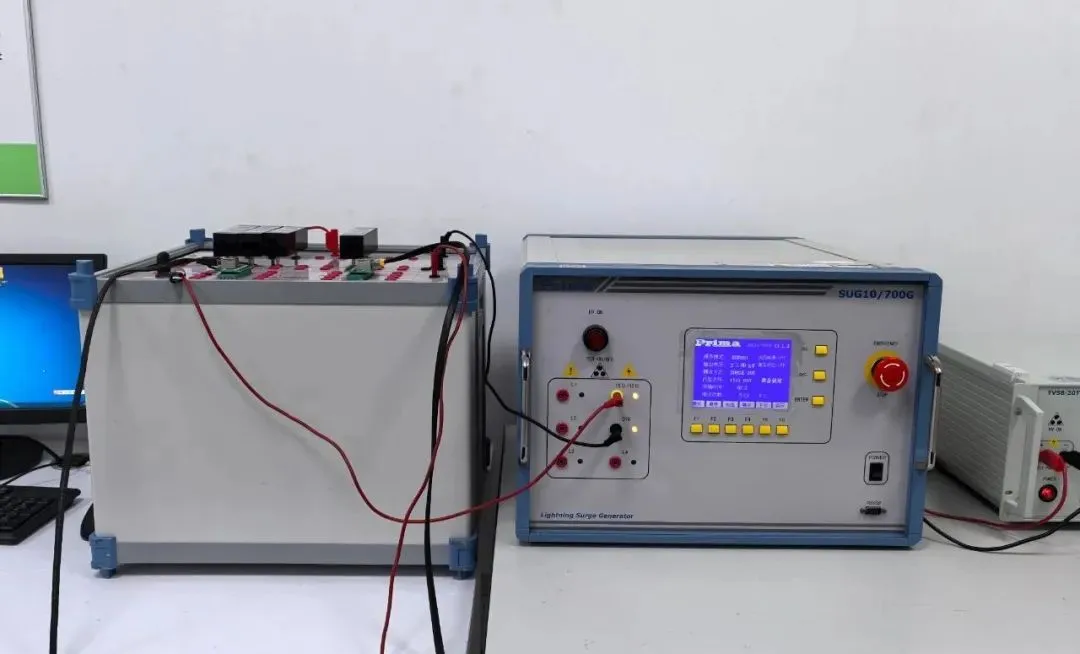
Which Batteries Require KC Certification?
"KC" certification is a unified certification mark implemented by the Korean Standards Committee. Lithium batteries are included in the mandatory certification catalog under kc certification.
Scope of Battery Products for KC Certification
1. Single Cell (Cell): Portable use.
2. Battery Pack: Assembled by connecting single cells in series or parallel.
3. Lithium Single Cell or Battery with Navigation Function: Applicable regardless of energy density per volume (used under harsh conditions in vehicles).
4. Single Cells and Batteries for Portable Medical Devices, Barcode Scanners, and CREDit Card Readers: Also applicable.
5. Portable Devices: MP3 players, electronic dictionaries, PMPs, laptops, digital cameras, etc.
6. Subdivision of Portable Products: Batteries used in mobile products are also subject to certification.
7. Exemptions: Batteries used for vehicle propULsion, industrial use, or medical purposes are not subject to certification.
Updates to KC 62133-02 (2020) Regulations for Button Cell Certification
On January 4, 2021, KATS (Korea Agency for Technology and Standards) clarified the requirements for the safety certification of rechargeable button cells in Korea. Batteries with a soft package and a thickness smaller than the diameter (cells with a maximum charge voltage above 4.4V and energy density over 700 Wh/L, used in smartphones, laptops, or tablets) fall under the regulation KC 62133-02 (2020).
Battery KC Certification Testing Items
- Electrical Tests
- Short Circuit Test: Simulates the battery's response under extreme short-circuit conditions.
- Overcharge Test: Tests battery safety when charged beyond the nominal voltage.
- Discharge Test: Verifies battery stability under excessive discharge.
- Charge Protection Test: Checks whether the charging device can cut off power when the voltage REACHes a safe limit.
- Mechanical Tests
- Drop Test: Tests whether the battery cracks or leaks during a fall.
- Crush Test: Simulates the battery's resistance to pressure.
- Impact Test: Simulates situations where the battery experiences impact, such as drops or accidental collisions.
- Environmental Tests
- High and Low Temperature Cycling Test: Tests battery performance stability under different temperature conditions.
- Temperature Change Test: Rapidly raises or lowers the temperature to observe battery response.
- Vibration Test: Simulates the vibration environment during transportation or use.
- Safety Tests
- Overheating Test: Tests battery stability under high temperature.
- External Flame Test: Checks whether the battery will explode or catch fire when exposed to flames.
Important Notes on Lithium Battery KC Certification
1. The same model cannot be applied for certification at multiple institutions.
2. The kc certificate does not accept any changes related to the base model (such as model name, parameters, capacity, etc.). For certificate changes:
- A. Only adding series models can be considered.
- B. The original certificate can only be canceled and reapplied.
3. Suggestions for Lithium Battery Products:
- It is advisable not to apply directly for KC certification. Applying for cb certification first and then transferring it to KC certification offers the following benefits:
- A. Lower Cost: Direct KC certification is more expensive and requires sending samples to Korea for testing, adding shipping costs and complexity. By first obtaining CB certification and then applying for KC, the cost is relatively lower, and there is no need to send samples to Korea.
- B. Shorter Duration: Direct KC certification requires sending samples to Korea for testing, which takes over 3 months. Obtaining CB certification takes 3-4 weeks, and transferring to KC takes only a few weeks, making it more efficient.
JJR Lab in China can provide KC certification services for electronic products and CB certification (CB to KC conversion) for battery products. Feel free to contact us!
Email:hello@jjrlab.com
Write your message here and send it to us
 Global Certification Guide for Lithium Batteries
Global Certification Guide for Lithium Batteries
 Compliance of Amazon 18650 Lithium Battery Product
Compliance of Amazon 18650 Lithium Battery Product
 What is CE Certification and EU Authorized Represe
What is CE Certification and EU Authorized Represe
 What Are the Lithium Battery Safety Tests?
What Are the Lithium Battery Safety Tests?
 What is the EN 61326-2-3 Standard?
What is the EN 61326-2-3 Standard?
 Why Do Smart Sockets Need IEC 60884 Certification?
Why Do Smart Sockets Need IEC 60884 Certification?
 Why Retest the Device if the 5G Module Already Has
Why Retest the Device if the 5G Module Already Has
 Overview of IEC 62087 Test Standard
Overview of IEC 62087 Test Standard
Leave us a message
24-hour online customer service at any time to respond, so that you worry!




